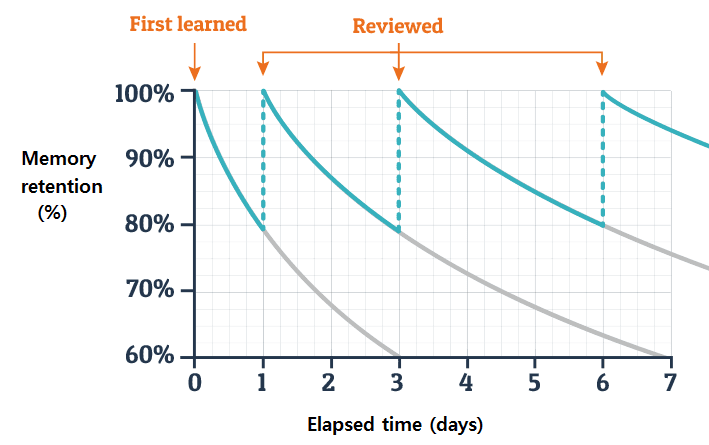The Result: Learning Disabilities
The next day, we placed participants from both groups inside an MRI scanner and we asked them to learn a whole list of new facts, as we were taking snapshots of brain activity. And then we tested them to see how effective that learning had been. And what we found is a quite significant - 40% - deficit in the ability of the brain to make new memories without sleep. This should be concerning, considering what we know is happening to sleep in our education populations right now. In fact, to put that in context, it would be the difference in a child acing an exam versus failing it miserably - 40%!
400
2.77K reads
CURATED FROM
IDEAS CURATED BY
Sleep is our life-support system and Mother Nature’s best effort yet at immortality, says sleep scientist Matt Walker. In this deep dive into the science of slumber, Walker shares the wonderfully good things that happen when we get sleep - and the alarmingly bad things that happen when we don’t, for both our brain and our body. Spoiler alert: Sleep like your life depends on it.
“
The idea is part of this collection:
Learn more about books with this collection
How to prioritize self-care in the workplace
How to adapt to new work arrangements
How to maintain work-life balance
Related collections
Similar ideas to The Result: Learning Disabilities
The role of dreaming in learning
Dreaming helps us consolidate new memories: we replay salient experiences from the day, reinforcing new pathways in our brains.
In one study, people enrolled in a French-language intensive course had an increase in REM sleep and dreams while they were studying: their brains were ...
Neuroplasticity
The key to resilient aging is improving neurogenesis, the birth of new neurons.
This activity occurs in the hippocampus, the part of the brain that lays down memories. And we respond to and store new experiences every day, and cement them during sleep. The more we can experience new...
The Forgetting Curve
The human brain doesn’t retain a lot in terms of memory, and 19th-century psychologist Hermann Ebbinghaus’s forgetting curve shows just how rapidly new information is lost if we don’t have the opportunity to put it into practice quickly.
Just 12 percent of professi...
Read & Learn
20x Faster
without
deepstash
with
deepstash
with
deepstash
Personalized microlearning
—
100+ Learning Journeys
—
Access to 200,000+ ideas
—
Access to the mobile app
—
Unlimited idea saving
—
—
Unlimited history
—
—
Unlimited listening to ideas
—
—
Downloading & offline access
—
—
Supercharge your mind with one idea per day
Enter your email and spend 1 minute every day to learn something new.
I agree to receive email updates

